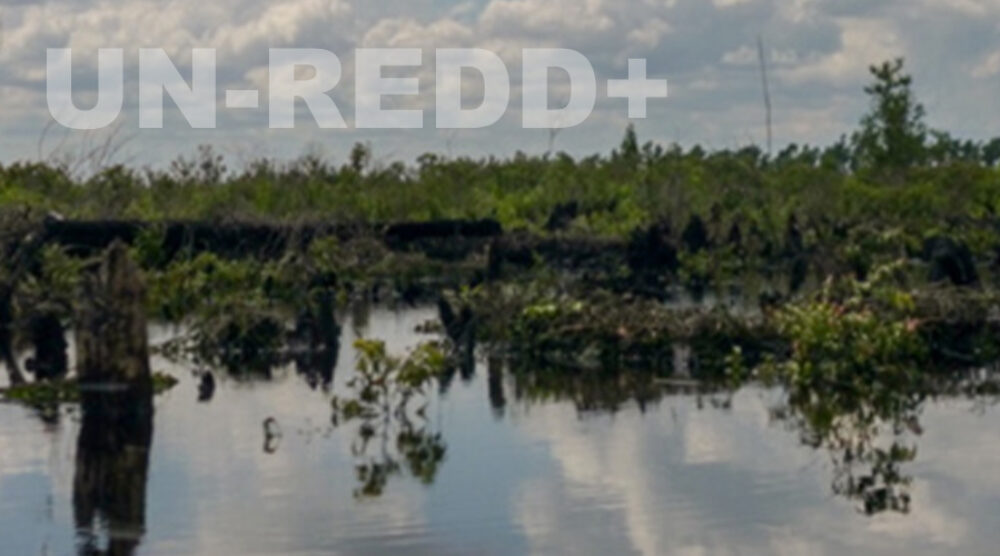While developing countries around the world are preparing to implement UN REDD+ (Reducing Emissions from Deforestation and Forest Degradation), there is a debate on the possible role of fiscal instruments in encouraging the private sector and smallholder stakeholders in reducing emissions in responding to the challenges of climate change.
Drawing on external funding through The Australian Council for International Agricultural Research (ACIAR), Dr Tapan Sarker from the Department of Business Strategy and Innovation and the project team has completed a collaborative project examining the role of fiscal instruments in encouraging the private sector and smallholders in Indonesia to reduce emissions from deforestation and forest degradation.
The research has made significant positive impacts in terms of policy and practice as reflected in the view of high officials from the Indonesian Ministry of Environment and Forests.
“The policy recommendations regarding fiscal instrument as a tool to enhance private sectors engagement in REDD+ program have been implemented in Indonesia, which has also got international recognition by COP23 (The twenty-third session of the Conference of the Parties). These are important to strengthen international support to REDD+ implementation in Indonesia” says Dr. Ir. Syaiful Anwar, M.Sc, Head of Research and Development Center for Social, Economic, Policy, and Climate Change in the Indonesian Ministry of Environment and Forestry Research, Indonesia.
The finding of the research has been published as policy briefs via European Tropical Forestry Research Network (ETFRN), as well as in the form of an academic article.




